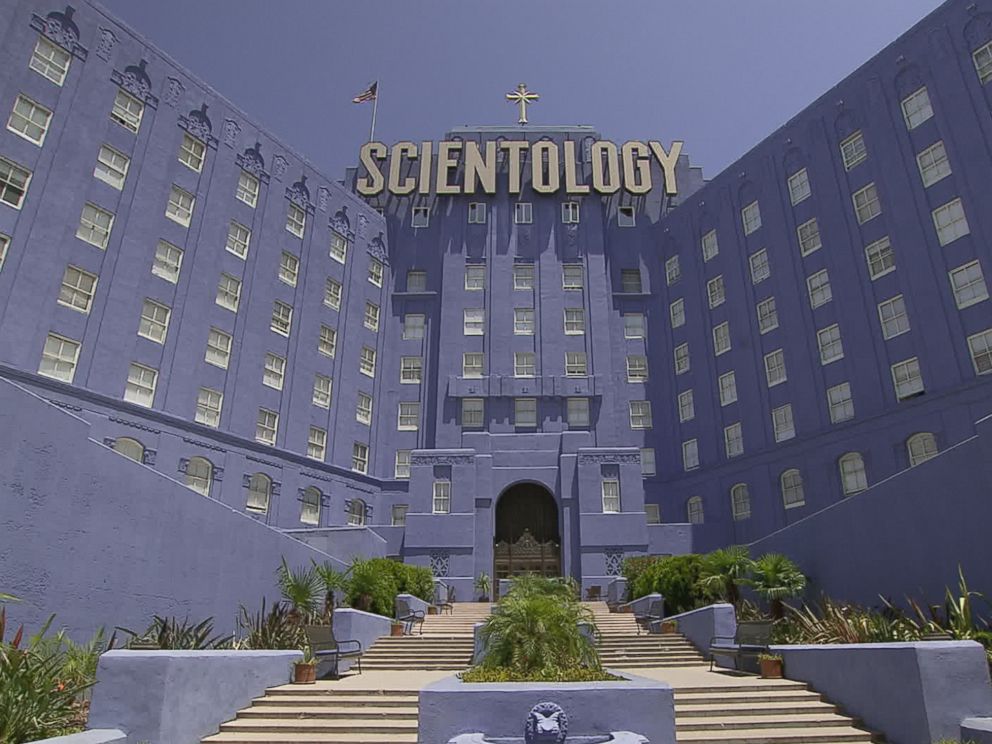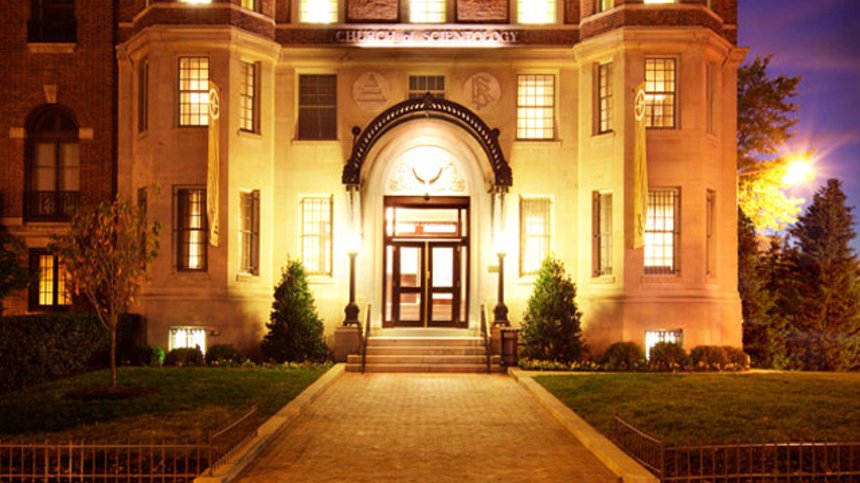Johannesburg North: A Center for Scientology Activities and Outreach
Unveiling the Beliefs and Practices of Church of Scientology
As a intriguing and frequently debatable subject, the Church of Scientology has actually long mixed interest and dispute - What is Scientology. Started by L. Ron Hubbard in the mid-20th century, this religious motion incorporates an one-of-a-kind collection of beliefs and techniques that have actually garnered both attraction and apprehension. Central to Scientology is the concept of auditing, a form of spiritual therapy aimed at achieving a state of clearness and self-realization. Nonetheless, beyond this core method lie intricate layers of teaching and business structures that add to the aura surrounding the Church. From its enigmatic Sea Organization to the participation of high-profile celebrities, Scientology's internal operations remain to captivate critics and observers alike.
Founder and Core Beliefs
Started in the mid-20th century by L. Ron Hubbard, the Church of Scientology is based upon the core ideas centered around the concept of spiritual knowledge and self-improvement. Hubbard, a prolific writer and thinker, developed Scientology as a religion in 1954, emphasizing the idea that people are immortal souls who have forgotten their real nature. Central to Scientology is the idea in the never-ceasing soul, or the "thetan," which is the true self that goes beyond the physical body.
Hubbard created a collection of methods and mentors targeted at aiding people accomplish spiritual understanding and conquer past injuries through a procedure called bookkeeping. Auditing includes an one-on-one session with a skilled auditor who overviews the person through a collection of questions and workouts created to uncover and deal with unfavorable experiences or emotions. Via bookkeeping, fans of Scientology seek to acquire a state of "clear," where they are devoid of the negative results of previous traumas and can run at their full potential.
Auditing and Spiritual Practices

In addition to bookkeeping, the Church of Scientology also highlights numerous spiritual techniques to enhance personal development and self-awareness. These methods include studying the mentors of Scientology owner L. Ron Hubbard, taking part in neighborhood occasions, and taking part in moral actions. Fans are encouraged to use these spiritual practices in their every day lives to attain spiritual knowledge and personal fulfillment. Overall, auditing and spiritual techniques act as basic devices in the trip in the direction of spiritual enlightenment within the Church of Scientology.
Sea Org and Business Structure
The Church of Scientology's operational effectiveness and ordered framework are exemplified via the Sea Org and its business framework. The Sea Organization, commonly understood as Sea Org, is a spiritual order within Scientology that plays an important function in supervising the daily operations of the church. Members of the Sea Org commit to life time of solution, signing a billion-year contract signifying their dedication to the church's mission.
The organizational structure of the Sea Org is very central, with a strict power structure that makes sure clear lines of authority and liability. At the top of the structure is the Commodore's Carrier Organization (CMO), which functions as the liaison in between the Sea Org and the Church's leadership. Listed below the CMO are different departments and devices in charge of various aspects of the church's operations, such as safety, interaction, and administration.

Criticisms and conflicts
In the middle of the widespread impact and operations of the Church of Scientology, countless debates and criticisms have actually appeared, stimulating debates and examination from various quarters. One major point of opinion revolves around the Church's practices of disconnecting members from those that criticize or question the company, including family members and friends - Scientology Johannesburg. Doubters say that this plan can result in isolation and the breakdown of relationships outside the Church
One more controversial issue is the Church's hostile litigation strategies versus former participants, journalists, and others who talk out versus Scientology. These lawful fights have actually elevated problems concerning freedom of expression and using litigation as a device to silence dissent.

Celebrity Involvement and Influence
One facet that has actually dramatically added to the public picture and reach of the Church of Scientology is the involvement and impact of stars in its methods and promotion. Because its creation, the Church of Scientology has proactively sought the assistance of famous numbers in the show business. High-profile stars such as Tom Cruise Ship, John Travolta, and Kirstie Scientology Johannesburg Street have actually publicly recommended Scientology, bringing interest to the religious beliefs and attracting brand-new fans.
Celeb participation in Scientology exceeds plain recommendation; some celebs hold influential settings within the Church. Tom Cruise, one of the most well-known Scientologists, is thought about a popular number within the organization and has been involved in advertising Scientology around the world. These star endorsements and energetic participation in spreading the ideas of Scientology have actually aided enhance the presence and approval of the religious beliefs, especially amongst followers and fans of these stars
However, the influence of stars in Scientology has actually additionally been a subject of controversy, with movie critics saying that their participation enhances the assumption of Scientology as a celebrity-driven cult instead than a legitimate spiritual company.
Conclusion
In final thought, the Church of Scientology, founded by L. Ron Hubbard, is based upon the concepts of bookkeeping and spiritual techniques. The Sea Org plays a main role in the company's framework. In spite of debates and criticisms bordering the church, its impact expands to celeb involvement. The beliefs and practices of the Church of Scientology remain to be a topic of argument and examination within culture.
Established in the mid-20th century by L. Ron Hubbard, the Church of Scientology is based on the core beliefs focused around the principle of spiritual enlightenment and self-improvement.Bookkeeping and spiritual practices in the Church of Scientology play a critical role in guiding fans towards spiritual awareness and individual development.Apart from bookkeeping, the Church of Scientology additionally emphasizes various spiritual techniques to boost individual development and self-awareness. On the whole, bookkeeping and spiritual practices serve as essential tools in the journey towards spiritual knowledge within the Church of Scientology.
In final thought, the Church of Scientology, started by L. Ron Hubbard, is based on the concepts of bookkeeping and spiritual practices.